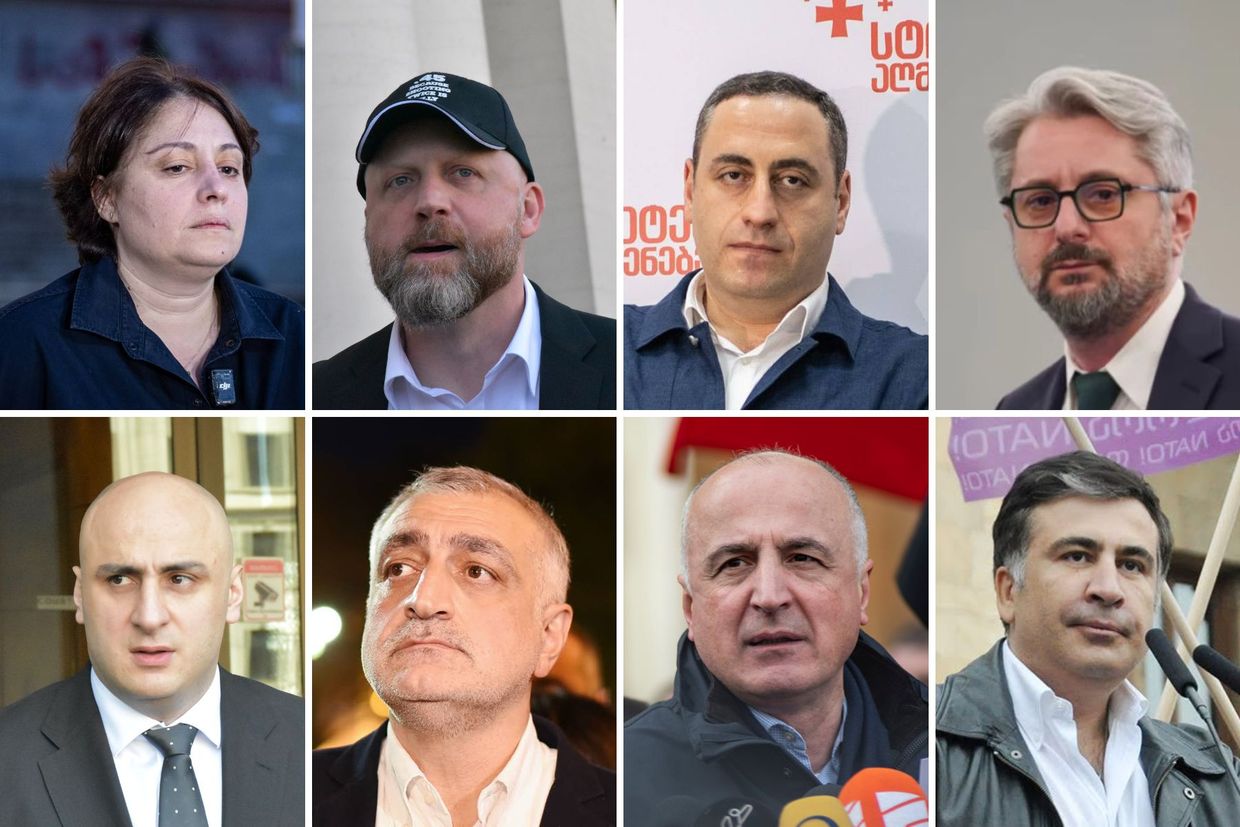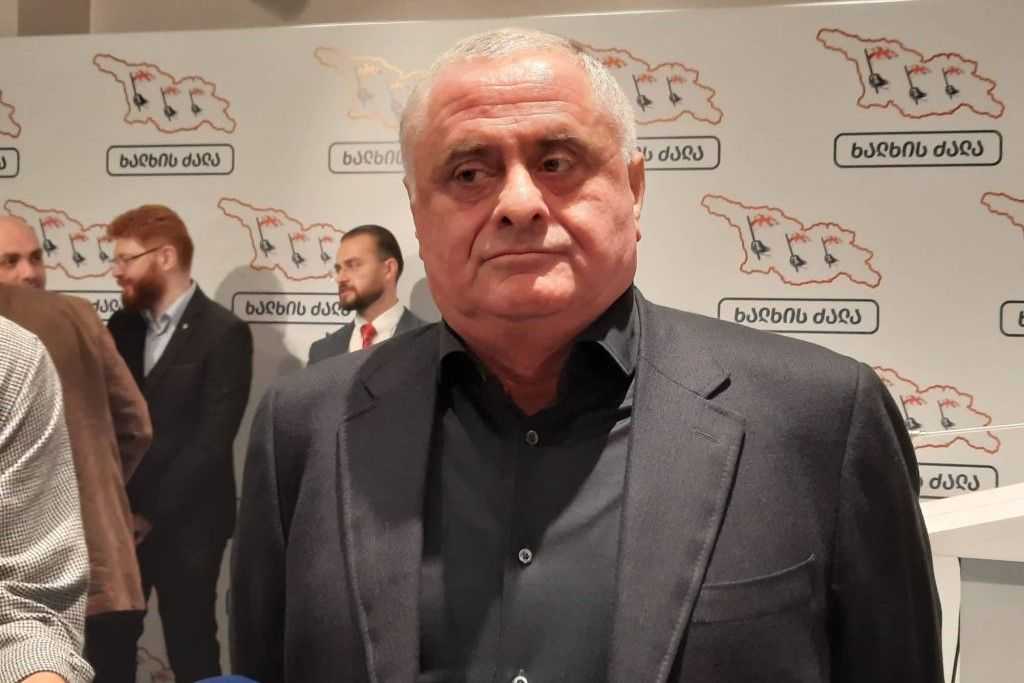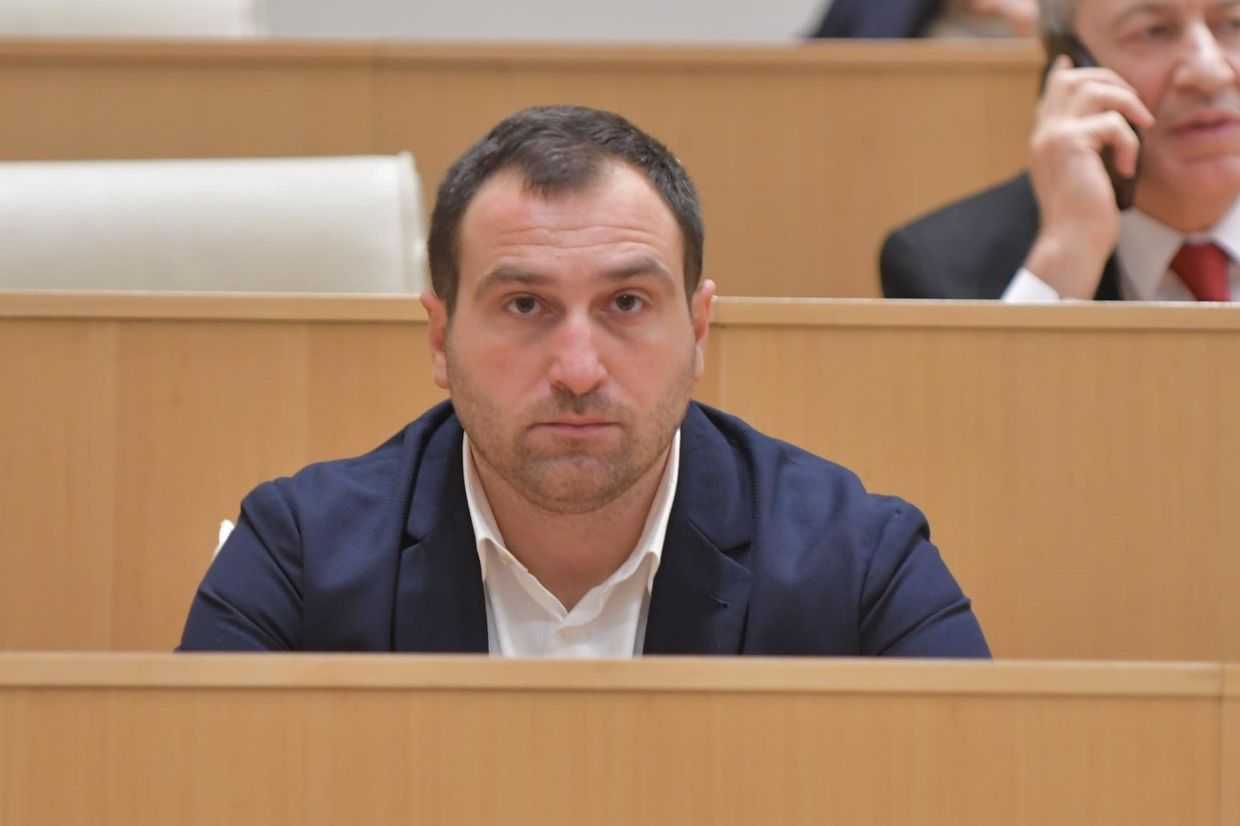Georgia’s ex-president Saakashvili transferred back to prison after over three years in hospital
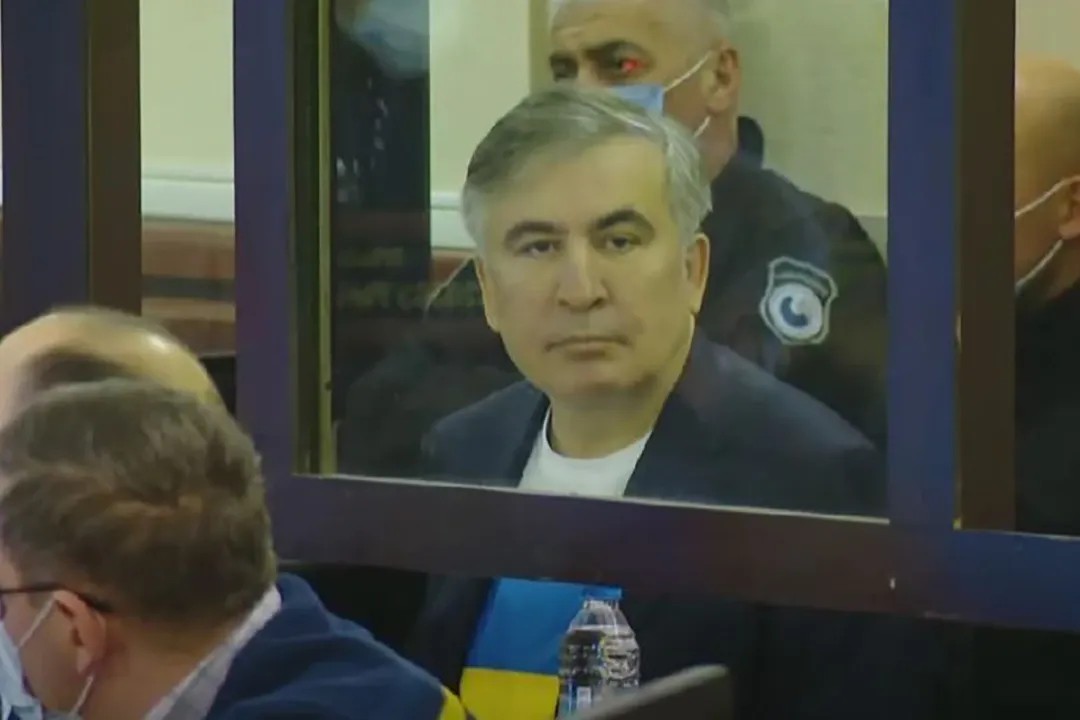
Georgia’s imprisoned ex-president Mikheil Saakashvili has been transferred from Tbilisi’s Vivamedi clinic back to prison after more than three years there following a hunger strike. Authorities cited Saakashvili’s ‘satisfactory’ health, while supporters denounced the move as being out of the blue. Saakashvili himself claimed that he was being ‘destroyed’ by the government.
The Special Penitentiary Service announced Saakashvili’s return to Rustavi Prison on Wednesday evening. According to the service, the former president ‘no longer requires inpatient treatment’.
‘The health condition of convicted Mikheil Saakashvili is satisfactory’, the statement said.
‘In accordance with Georgian law, the transfer of a patient from a civilian hospital back to a penitentiary facility is carried out based on the attending physician’s decision, taking into account the patient’s health condition’, the agency added.
Similar remarks were made by Vivamedi clinical director Zurab Chkhaidze in a phone interview with the opposition-leaning TV Pirveli.
Chkhaidze added that the former president’s return to prison ‘was not carried out by any use of force’, and, as far as he knows, Saakashvili ‘received the news very calmly’.
‘He had a visitor during working hours [until 18:00]. After the visitor left, the attending physician met with [Saakashvili], spoke to him, explained his condition, and informed him’, Chkhaidze said.
In contrast, Saakashvili said he was transferred to prison on Wednesday ‘without warning’ and was met there by people who, as he claimed, had poisoned him in March 2022, shortly before his transfer to the clinic.
In a Facebook post published on his official page early Thursday afternoon, Saakashvili thanked the Vivamedi doctors who ‘fought for [his] life’, while describing his transfer to prison as a decision by Bidzina Ivanishvili, founder of the ruling Georgian Dream party.
‘The point is that Ivanishvili had previously committed to preserving my life, and now, with this step, he is telling Europeans and Americans that this promise (like all the others) no longer holds’, he said.
‘I am convinced that all of this is agreed with Moscow’, he added, repeating a claim that by punishing him, the ruling party is aligning with Kremlin interests against a pro-Western former president.
Saakashvili further noted that the Georgian authorities aim to intimidate his ‘numerous’ supporters and send a ‘specific message’ to both the West and Ukraine, where he has held several government positions after his presidential term in Georgia ended, most recently as chair of the National Reforms Council, a post he says he still holds.
‘For the world, I am a symbol of the most successful post-Soviet reforms, as well as of Georgia’s freedom and statehood. They are destroying Georgia’s freedom and independence, and they are destroying me too’, he added.
Saakashvili’s transfer has drawn criticism from his associates as well. His mother, Giuli Alasania, and his lawyer, Vakhtang Baramashvili, described the move as sudden and said they had not been informed.
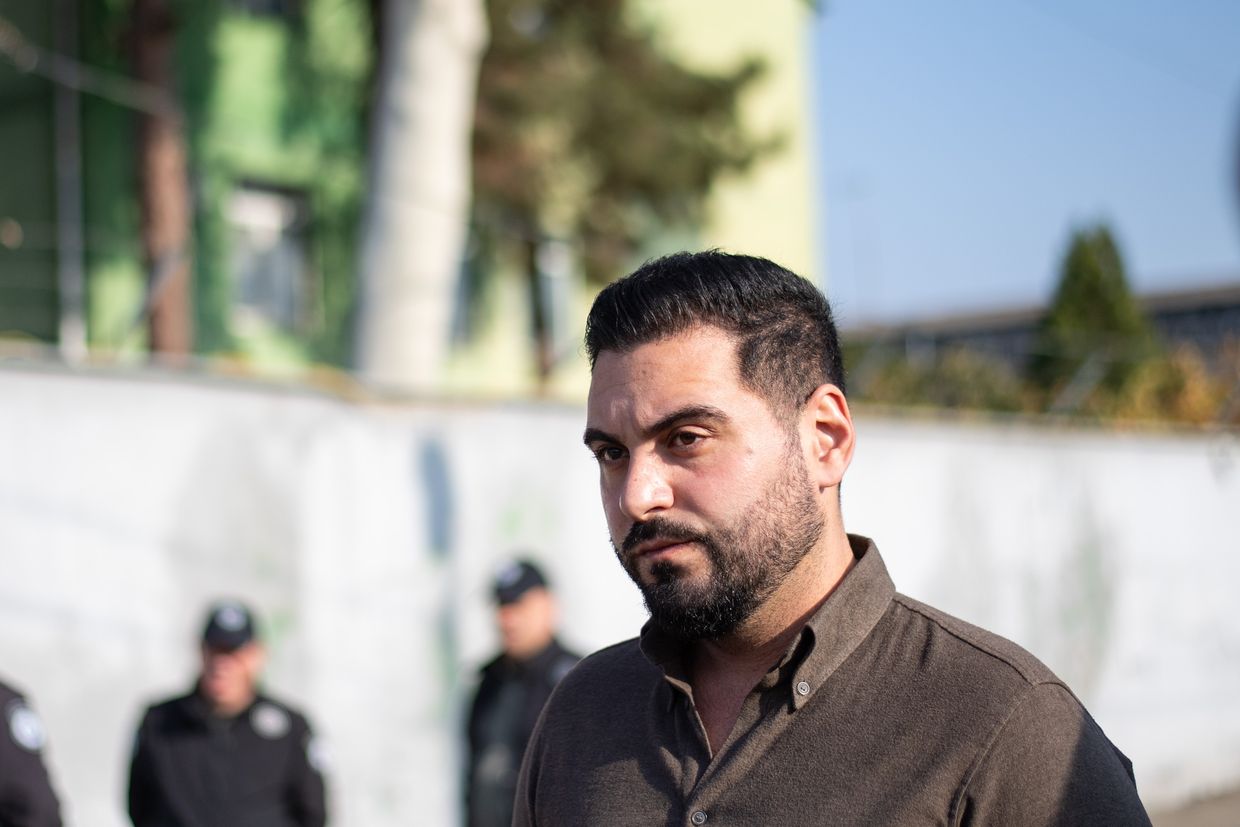
The decision was also criticised by members of the former ruling party-turned-opposition force, the United National Movement (UNM), which Saakashvili founded. Some of them gathered near Rustavi Prison on Wednesday night.
‘This is all happening on [Russian President Vladimir] Putin’s orders, because his main goal and plan is to fight against an independent modern Georgian state, of which President Saakashvili is a symbol’, UNM member Gia Baramidze stated outside the prison.
In prison until 2032
Saakashvili, one of the leaders of the 2003 Rose Revolution that overthrew then-President Eduard Shevardnadze following rigged parliamentary elections, was elected president in 2004 with an overwhelming majority through popular vote.
He remained in office throughout a tumultuous period of Georgian history, including the August 2008 War.
In the 2012 elections, Saakashvili and his UNM party were defeated by the Georgian Dream coalition, ending the party’s nine-year rule. The following year, Saakashvili’s presidential term also came to an end and he left the country soon after.
In total, six cases were opened against Saakashvili under Georgian Dream’s rule, including for alleged abuse of power and embezzlement of state funds.
After facing multiple charges in absentia, Saakashvili was detained in October 2021 following his secret return to Georgia. Since then, he has several times gone on hunger strike leading to his transfer to a hospital in Tbilisi, where he stayed till Wednesday.
One of the charges against him was illegal border crossing during his return, for which the ex-president was convicted in March 2025. Combined with his previous sentences, his prison sentence is now extended to at least 2032.
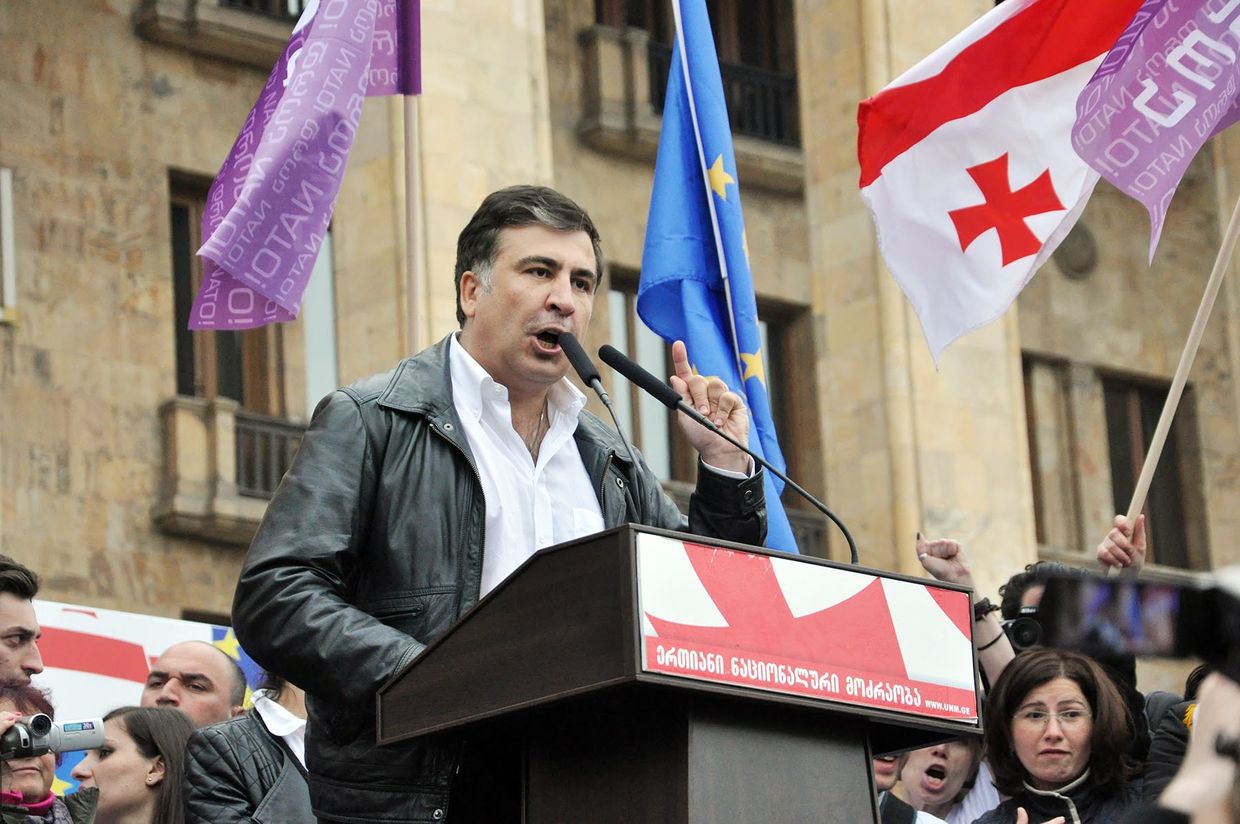
Among the two cases for which no verdict has yet been issued, one involves the violent crackdown on anti-government protests in 2007, and the other is part of a recently opened case targeting Georgian opposition leaders, in which Saakashvili is implicated.
In the latest case, prosecutors accused the former president of incitement to change Georgia’s constitutional order through violence, or to overthrow state power, a charge punishable by up to three years in prison.
Saakashvili denies the validity of the accusations, considering all the cases initiated against him under Georgian Dream to be politically motivated.
The former president’s imprisonment and his health condition have been a subject of political discussion both in Georgia and abroad. Georgian Dream also has used Saakashvili’s tenure as an official in Ukraine as a rhetorical weapon against Kyiv.
Following Saakashvili’s arrest in Georgia, Ukrainian President Volodymyr Zelenskyi personally demanded that Tbilisi release him to Ukrainian authorities. In July 2023, he ordered the Georgian Ambassador to Ukraine to return to Georgia to consult with his government over the demand, which the ruling party considered an insult.
